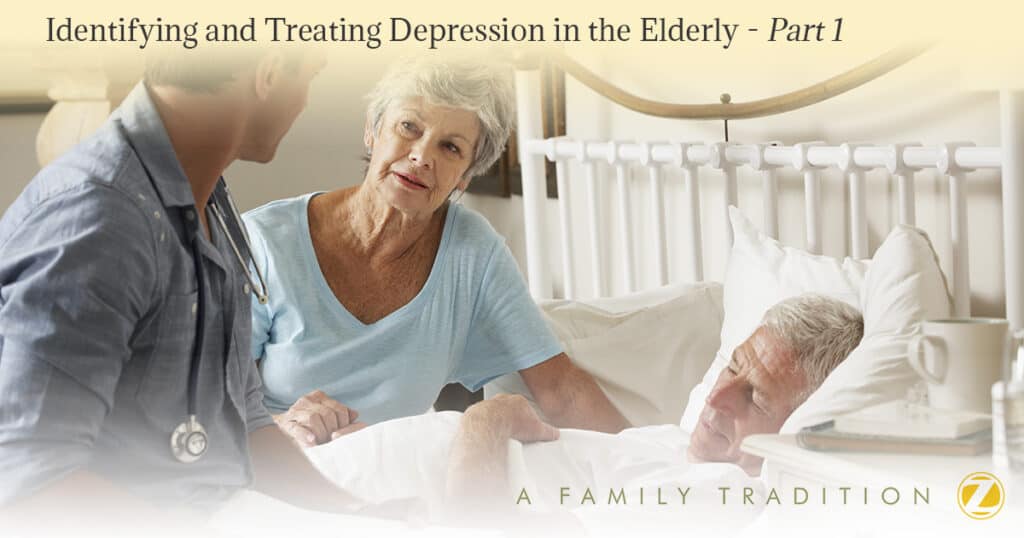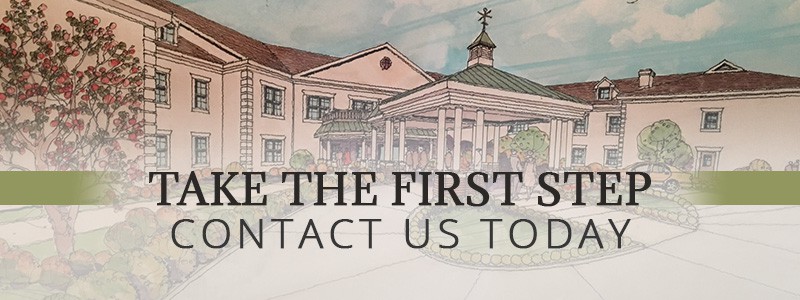
Is your elderly loved one depressed? How do you know? In our last blog, we discussed a few significant indicators that your loved one is struggling mentally and trying to hide it from you. In today’s blog, we want to share a few more depression red flags and discuss what you can do to make life better for your loved one.
More Red Flags to Watch For
-
Recent Loss
- Bereavement can be pretty common for seniors, who are more likely to sink into depression than younger people when they lose a loved one. The key is not letting them get stuck in that depression.
-
Recent Surgery or Illness
- There is nothing like an operation or health problem to lower the spirits. If your loved one’s spirits stay down, don’t be surprised. At least 15 percent of people who leave the hospital do so with symptoms of depression. Don’t let the suffering continue; discuss getting help.
-
Low Self-Esteem
- We saved this one for last because it is one of the most common indicators of depression. When your loved one no longer takes pride in his or her personal appearance, something is up and it’s time to watch more closely.

What Can Be Done?
Don’t wait for a loved one to recover from depression alone. It isn’t worth the risk. Instead, start doing some research on psychotherapists who specialize in geriatrics. Each person is different, but here are some of the solutions a professional might recommend in a treatment plan:
Therapy
- Psychotherapy is foundational to depression treatment. Don’t fall into the trap of simply getting medication. Your loved one will greatly benefit from having someone talk through things with him or her.
Medication
- Many people do respond well to medication, so it may be a viable option for your loved one. Today, our antidepressants have advanced to a point where they don’t have very dramatic side effects. Whatever medication is chosen, it will need to be administered correctly.
Electroconvulsive Therapy
- This treatment is reserved for extremely severe cases of depression that are combined with psychosis or schizophrenia. It uses electrical shocks to create carefully-monitored seizures, which release valuable chemicals into the brain. It can be a very effective short-term solution and is safe when performed correctly.
Turn to Heritage Assisted Living
At the end of the day, the best answer to depression is giving it attention and working to heal it. If it is ignored, there may be no hope. At Heritage Assisted Living, we provide an engaging, encouraging, and lively community that raises the spirits. Our care providers understand the signs and risk of depression in our community members, and we work hard every day to either provide what they need or direct them to where they can get help. We believe that this time of life can be one of the richest, most rewarding ones, and there is nothing we love more than facilitating the comfort, dignity, and lifestyle of every person who joins our New Jersey community. Get a tour of our world-class assisted living community in Hammonton today!
